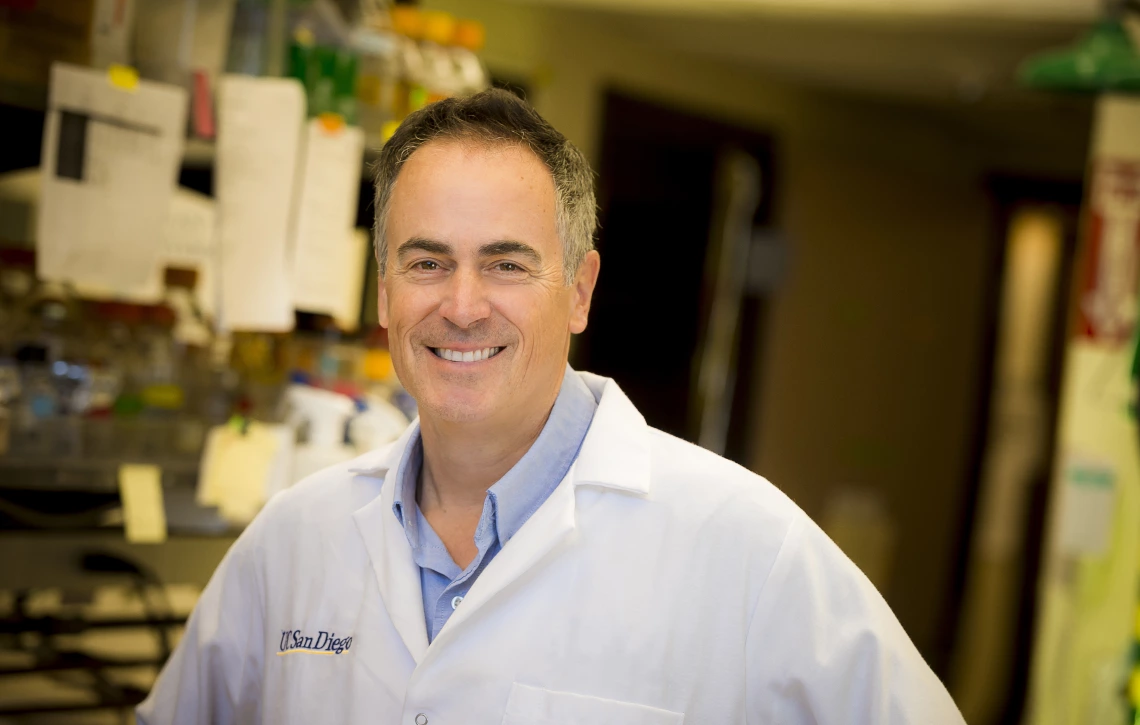Sponsored by Cornell University and the NSF Science and Technology Center CROPPS (Center for Research on Programmable Plant Systems)

Dr. Julian Schroeder, UC San Diego
Speaker
https://biology.ucsd.edu/research/faculty/jischroeder
When
Where
Abstract: Stomatal apertures in plants regulate CO2 intake for photosynthesis, while mediating over 90% of plant water loss via transpiration. Carbon dioxide is a regulator of stomatal pore apertures. The continuing rise in atmospheric CO2 is causing reduced stomatal apertures. This seminar will present recent research at identifying the primary stomatal CO2 sensor and CO2 signal transduction mechanisms in guard cells.
Bio: Julian Schroeder is Novartis Chair in Plant Sciences and Distinguished Professor at the University of California, San Diego. Julian pioneered the identification and characterization of ion channels in plants and identified their functions and regulation mechanisms, and found their central roles in mediating stomatal movements, drought avoidance and environmental stress resistance. His research focus lies in identifying the signal transduction mechanisms and the underlying signaling networks that mediate resistance to abiotic stresses in plants, in particular drought, salinity and CO2 control of transpiration. He has received the Presidential Young Investigator Award (NSF), the ASPB Charles Albert Shull Award (1997), the Blasker Award in Environmental Science, a Khalifa Award for Agricultural Innovation (2019), a Carl Friedrich von Siemens Research Prize form the Alexander von Humboldt Foundation (2022) and the 2020 Stephan Hales Prize from the American Society of Plant Biologists. He is Churchill Overseas Fellow at Cambridge University. Julian was elected member of the U.S. National Academy of Sciences, Fellow of the American Association for the Advancement of Science and member of the German National Academy of Sciences Leopoldina.

